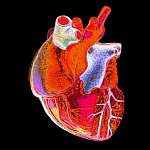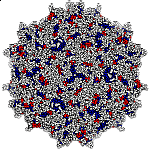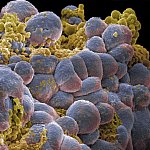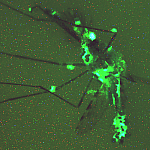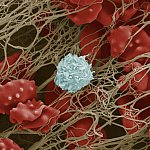You are here
December 31, 2011
2011 Research Highlights — Promising Medical Advances
Findings with Potential for Enhancing Human Health
NIH conducts and funds wide-ranging research to improve the nation's health. With NIH support, scientists across the country and around the world uncover basic biomedical advances and conduct the clinical and translational research that transforms discoveries into medical practice. Here's just a small sampling of the accomplishments made by NIH-supported scientists in 2011.


